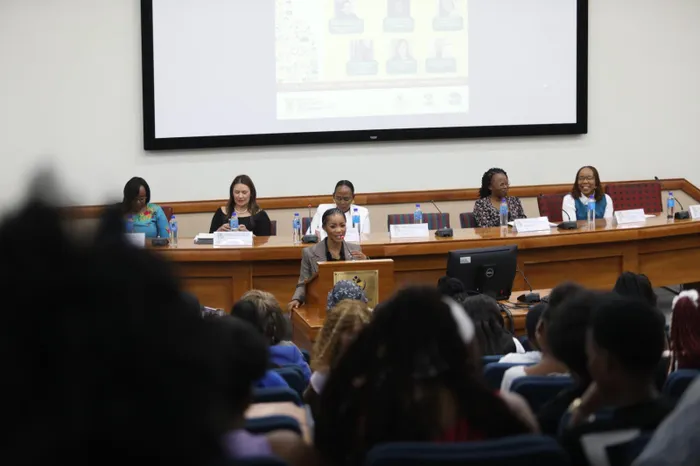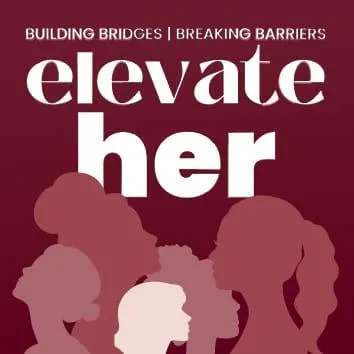Harnessing AI in media: Opportunities and risks for women in communication

A panel of experts in media and communication at Tshwane University of Technology's Pretoria Campus explored ways of using AI to enhance engagement with audience and address posed by AI.
Image: Oupa Mokoena/Independent Newspapers
The use of Artificial Intelligence (AI) in the media and communication sector offers exciting opportunities to boost audience engagement, but it also poses significant risks, including job displacement, rising unemployment, and a growing digital divide.
This was highlighted during a panel discussion held as part of Women's Month celebrations at Tshwane University of Technology's (TUT) Pretoria Campus on Tuesday.
The discussion brought together women in media and communication to explore ways to leverage AI in their professions.
Under the theme "Leveraging the Use of AI in Education, Media, and Communication," a panel of media and communication experts engaged with TUT students studying media, journalism, and integrated communication.
Athi Geleba, head of digital communication at the Presidency of South Africa, noted that AI is a double-edged sword, presenting both opportunities and significant risks for effective communication.
"There is a risk of job displacement, increased unemployment, and a widening digital divide, which risks further exclusion of our poor and rural communities," she said.
She emphasised that ethical concerns are a major consideration when it comes to AI, highlighting the potential for bias, misinformation, and disinformation.
Despite these risks, she noted that AI also brings numerous opportunities, including streamlining work, enhancing public engagement, and delivering comprehensive and accurate information to audiences.

Women in media and communication at Tshwane University of Technology's Pretoria Campus explored ways of using AI to enhance engagement with audience and address challenges posed by AI
Image: Supplied
"It can help us work faster, work smarter, and be more inclusive," she said.
Geleba said the South African government has finalised a national AI policy framework, developed by the Department of Communication and Digital Technologies in 2024.
The framework serves as a roadmap for ethical and inclusive AI adoption, marking a significant step toward a comprehensive national strategy.
The panel discussion emphasised the importance of women in media and communication supporting each other's growth.
Pamela Madonsela, project coordinator at the Media Development and Diversity Agency, said: "The day we stop seeing each other as competition is the day we will hold each other's hands and elevate each other."
Liezil Cerf, director of GCIS Parliamentary Office, proposed that women in media establish a coaching network among themselves to share knowledge across generations.
Madonsela highlighted the crucial role community media play, despite their ongoing financial struggles.
She cited the example of Nkandla village, where residents rely heavily on radio as their primary source of information due to connectivity issues.
The panel discussion concluded that AI is a powerful tool that can be harnessed to improve public service efficiency, promote inclusive development, and strengthen public trust.
However, it requires balanced regulation to mitigate risks and ensure that its benefits are shared by all.
Geleba said: "We want to build high-performance public organisations that are able to harness data, use digital tools, and integrate AI to serve communities and deliver real impact."
rapula.moatshe@inl.co.za